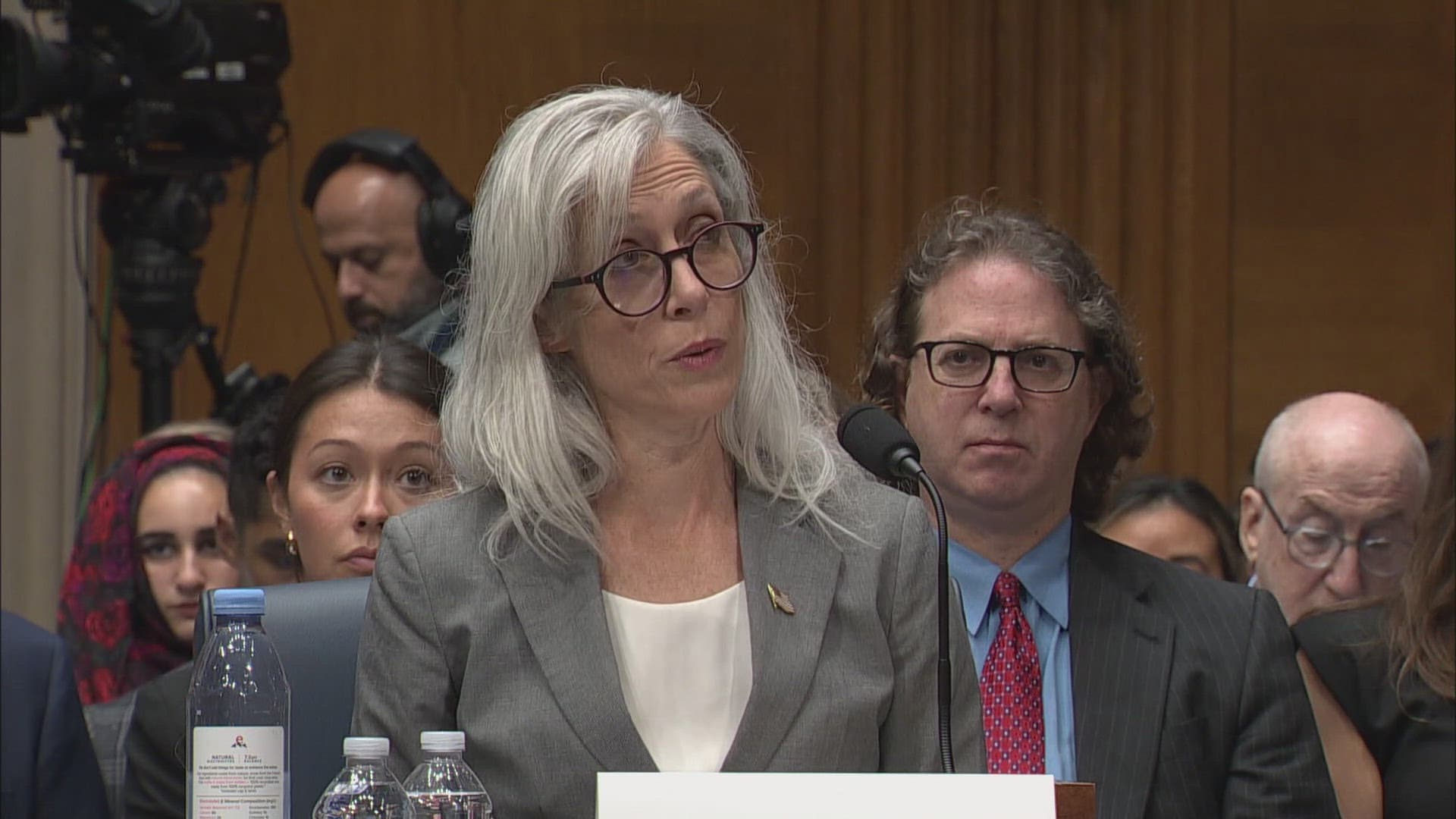Eugene Couple Testifies in Washington Over Health Insurance Failures
An Eugene couple traveled to Washington, D.C. on November 19 to testify before a U.S. Senate committee about gaps in health care access and insurance coverage. Their account of delayed care, surprise bills, and administrative barriers was presented as an example of systemic problems that affect many residents of Lane County and across the country.

On November 19, an Eugene couple stood before a U.S. Senate committee to describe how failures in health insurance design and coverage left them struggling to obtain timely care and facing unexpected medical bills. Their testimony recounted prolonged waits for appointments, billing surprises after care, and difficulties navigating complex claims and appeals processes. Lawmakers and their staff used the testimony to highlight policy debates over coverage limits, out of pocket costs, and the need for federal legislative fixes.
The couple traveled from Lane County to bring a personal perspective to abstract policy discussions. Their story was framed by reporters as illustrative of broader trends, and it prompted senators to question whether current rules leave patients exposed to financial risk and delays in essential care. Committee members noted that administrative complexity and coverage gaps can compound the health challenges of patients who are already vulnerable.
Local implications were immediate. Health care providers in Eugene and across Lane County face similar pressures when patients delay care or seek emergency services because they cannot access timely outpatient treatment. County health officials and regional health systems are coping with the downstream effects as they work to stabilize coverage for patients and reduce uncompensated care. Community clinics and hospital systems continue to report that paperwork hurdles and narrow benefit designs can prevent patients from receiving care when it is most effective.
The testimony also fed into ongoing conversations about policy options that could affect Lane County residents. Proposals discussed in the hearing included measures to limit surprise billing, to cap out of pocket costs for patients, and to simplify administrative procedures that can block access to care. Advocates argue that such changes could lower financial barriers and reduce delays in treatment, while insurers and other stakeholders point to cost and implementation questions that would need to be resolved in any legislative package.
For local families who have struggled with insurance coverage, the hearing underscored a familiar reality that individual stories can shape national debate. The couple’s decision to seek a hearing before lawmakers brought local experience to the center of a federal policymaking moment. As lawmakers weigh reforms, Lane County health leaders say they will continue to track developments and press for solutions that improve access, reduce unexpected financial burdens, and streamline the administrative pathways that currently impede care.


